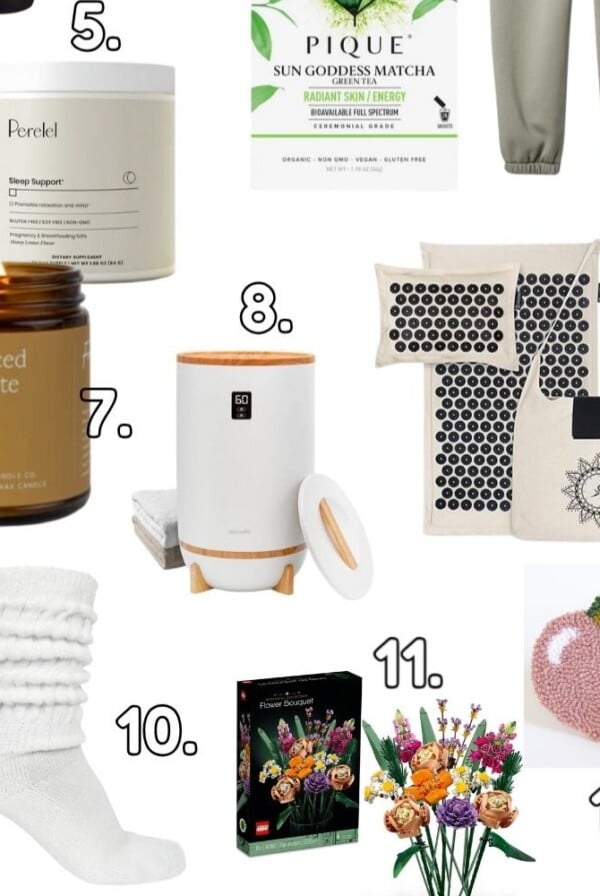This post may contain affiliate links. Please see our disclosure policy.

It’s almost turkey day! Did you know that approximately 46 million turkeys are eaten each Thanksgiving? That’s insanity. When the demand is that high, you’ll find every store selling turkeys a few weeks prior, with all different kinds of labels imaginable. It can be quite confusing to figure out and sift through what the healthiest choices are when it comes to turkey labels, so I created this infographic for you to clear it all up a bit. I hope it helps!
QUESTIONABLE
Hormone Free: This is a meaningless claim that marketers like to throw around. The use of hormones is banned in all poultry in the United States, so ALL turkeys should be hormone free. It’s like when they label cheese “gluten-free.” Uuuuuuuummm… Of course, it is.
Cage-Free/Free-Range: Turkeys that are labeled with either of these terms have not lived in a cage literally. However, it doesn’t mean that they weren’t confined in a tiny space for most of their lifetime. Farmers can label turkeys “Free-Range” if they were outside for less than 5 minutes once in their life, and neither of these terms say anything about what the animals were fed.
Humanely Raised: Without a certification, this label is also a marketing gimmick. It’s not regulated at all so it really doesn’t mean anything. Read more about the “Certified Humane” label in the BETTER section below.
Vegetarian-Fed: Turkeys aren’t meant to thrive solely on vegetables. They are supposed to roam in the green pasture eating worms and critters they find in the ground. With this label, the turkeys were probably fed a GMO corn or grain diet, neither of which are their natural diet.
Pasture-Raised: Another marketing gimmick with this label, if it doesn’t come with a certification. This term, like the ones we discussed above, is not regulated so you are probably getting a factory farm, poor quality feed turkey.
Natural: This is another overused term, not just in the meat industry, but with all types of foods. Of course, the marketers love to use this word because it tricks consumers into thinking natural=healthy. Unfortunately, this is one of many unregulated labels that hold zero meaning.
GOOD
No Antibiotics: You might see this label or “No Antibiotics Used,” and they both mean the same thing: the turkey wasn’t given any antibiotics, unless they were sick. While this is a good thing, since ingesting antibiotics negatively impacts our gut health and immune system, it still doesn’t tell us anything about the living conditions or the quality of the feed. And in a poor quality environment, the animals are most likely to get sick so many turkeys with this label may have been given antibiotics anyway.
Kosher: Some of you may be familiar with the Kosher label. Meats with this label means that the animal was killed following the kosher law, which ensures that the animal is in the least amount of pain during the process. While I absolutely support this type of humane slaughter, this label doesn’t mean that the animals were raised in a humane condition. Most of the time, they were in tight quarters, without much access to sunlight.
Organic: Many people love the organic label, and I do as well especially with produce, because we all want to limit our exposure to pesticides and insecticides. When it comes to animals, organic means that they were fed organic feed, has had some exposure to outdoors, and weren’t given routine antibiotics. While this is definitely better than the labels on the QUESTIONABLE list above, the organic feed is usually corn and grain, which isn’t entirely the turkeys’ natural diet. They do eat some of this in nature, but they also consume a lot more of worms, plants, seeds, nuts, and even reptiles and amphibians!
BETTER
Certified Humane: This certification is provided by a non-profit organization called Humane Farm Animal Care. Under this label, the turkeys cannot be in cages, have specific guidelines for their feed, amount of light, quality of air, and floor space. They also must be given opportunities for foraging and exploration, which means they are provided perches, hay or straw bales, and access to living vegetation. These turkeys are raised without antibiotics or growth promoters, but the quality of feed doesn’t seem to be specific enough.
Global Animal Partnership: If you’ve ever been to Whole Foods, you have probably come across the 5-step labels provided by the Global Animal Partnership. Step 1 animals are claimed to have been raised with “no cages, no crates, no crowding,” while step 5+ turkeys “live continuously on pasture and may only be housed during extreme weather conditions.” As you can see, the higher the number, the better the lives of the animals. I would stick to steps 3-5 for the best quality turkeys.
BEST!
Certified Humane “Pasture Raised”: This label is also certified by Humane Farm Animal Care (who provide the “Certified Humane” label mentioned above). Under this label, the turkeys must be provided 108 sq. ft. per bird and the fields must be rotated. “The hens must be outdoors year-round, with mobile or fixed housing where the hens can go inside at night to protect themselves from predators, or for up to two weeks out of the year, due only to very inclement weather. All additional standards must be met.” (Source) This ensure that the turkeys are foraging on pastures, moving and eating close to their natural form.
Visit and Shop From Your Local Farmer: If you are lucky enough to live near a farm, this is THE BEST option to get a quality bird. Doing a bit of research on the way the farm runs is a great start, but I would highly recommend visiting the farmer and asking him or her questions about the animals. If the farmer is resistant about you coming to visit, you know for sure that that’s a red flag. What could they be hiding?
Buy from a farmer who welcomes you to their farm and comfortably answers all your questions about how the animals are raised. Just a heads up: buying directly from the farmer can be way more expensive, and you would need to put in an order well in advance (sometimes months!). That’s because properly raised turkeys are low in supply and high in demand. However, you can ensure that you have the best quality turkey on Thanksgiving that is the healthiest option for you and your loved ones!
While the quality of the animals we eat are definitely important, I wouldn’t stress out too much if you have limitations on access and finance. Stressing out and negative talk impacts our health, as much as the quality of our food. Thanksgiving is about gratitude and spending time with our loved ones, and we should just do the best we can to provide the highest quality meal within our budget and availability!





